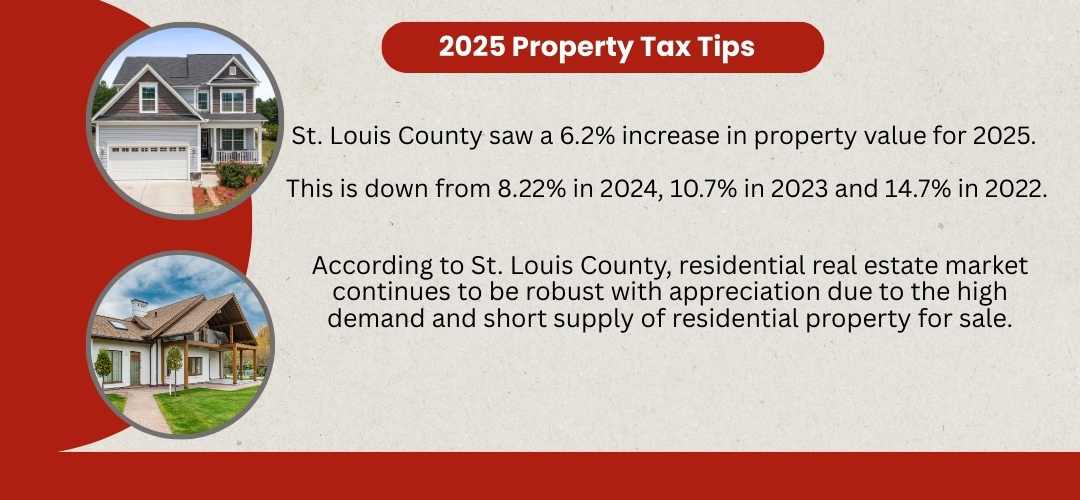
How to Appeal Your Property Tax in Minnesota: Tips and Hints for Success
If you’re a Minnesota homeowner and believe your property taxes are too high, you’re not alone. Fortunately, the state provides a process to appeal property tax assessments. Here’s a guide with useful tips and hints to help you navigate the appeal process effectively.
Each year, your local assessor estimates the market value of your property as of January 2nd. This value is used to calculate your property taxes. If the assessed value seems too high or doesn’t reflect your property’s condition or market trends, you may have grounds for an appeal.
In March or April, you’ll receive a Notice of Valuation and Classification from your county. Review it carefully. This notice includes your property’s estimated market value and classification (residential, commercial, etc.). Compare this with previous years and note any sharp increases.
Before filing an appeal, gather supporting evidence:
Start informally. Contact your county or city assessor to discuss your concerns. Thier contact inforamtion should be on your valuation statement. They can explain how they arrived at your property’s value and may adjust it if they find an error.
If you’re unsatisfied after talking with the assessor, your next step is to attend your township or city’s Local Board of Appeal and Equalization meeting (usually in April or May). This is your first formal appeal opportunity. Dates and times are available from your County.
If the LBAE doesn’t change the valuation, you can appeal to the County Board of Appeal and Equalization. Deadlines and procedures vary by county, but this usually happens at the end of June.
If the county board denies your appeal, or you missed the earlier steps, you can file a petition with the Minnesota Tax Court. You have until April 30th of the following year to file. Tax court can be complex, and you may want to consider hiring an attorney or tax professional.
If your taxes are high but your income is limited, you may qualify two types of property tax refunds:
The Minnesota Department of Revenue provides for two types of property tax refunds:
Both of these programs are operated by the State of Minnesota, more information is available at the Department of Revenue website or by calling (800) 652-9094. More information on special programs.